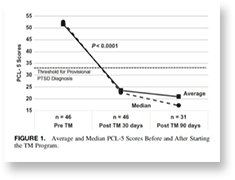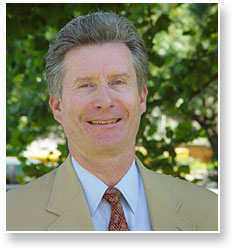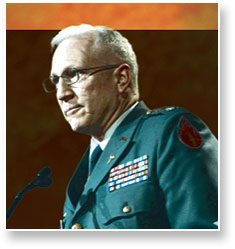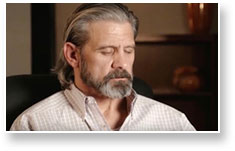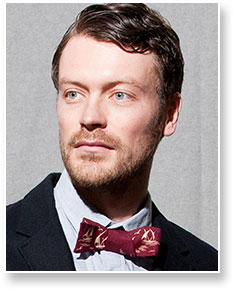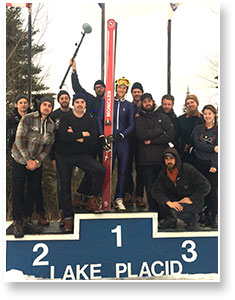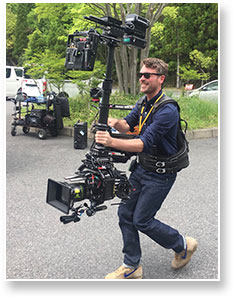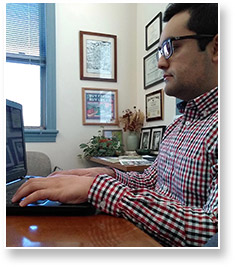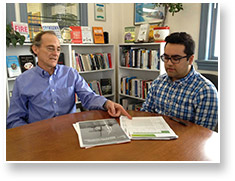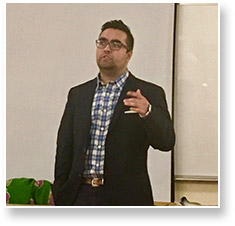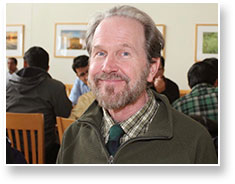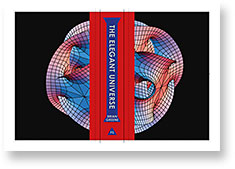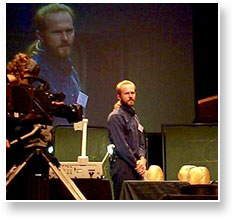
Students Launch Online Literary Magazine
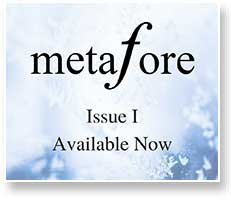
The cover of the magazine
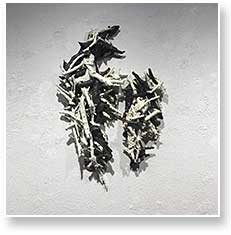
Artwork included in the first issue by MUM alumna Nicole Winning
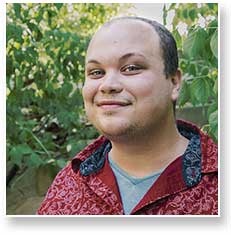
Metafore editor-in-chief James Davidson
Students in MUM’s BFA in Creative Writing program recently launched Metafore, a new online literary magazine that publishes poetry, fiction, and creative nonfiction.
The idea to create the journal started with creative writing student James Davidson, who noticed a new trend in literary publishing: in addition to MFA programs, now BFA programs are publishing literary journals; so he conceived the niche literary publication in line with MUM’s unique Consciousness-BasedSM approach.
“Metafore was founded with the purpose of promoting writing that fits within our literary paradigm here at MUM,” said James, who is editor-in-chief. “We hope to connect writers with awareness and experience of the transcendent with an appreciative audience.” One of the goals of the journal is to include diverse literary voices—including the marginalized—and use literature as a tool for humanizing different communities.
Metafore is listed on several writing resource websites, where writers can learn about the journal’s guidelines. Submission is open to anyone except current students. James said that serious literary magazines and journals affiliated with institutions typically bar those connected with their institution from submitting. However, Metafore is accepting submissions from alumni.
The winter 2017 issue features an accomplished group of international writers, including the American transcendentalist poet Erik Pankey, professor of English at George Mason University in Washington, D.C., who has published over ten books of poetry since 1982. The inaugural issue also features ceramic artwork by Nicole Winning, a graduate of the MA in Maharishi Vedic ScienceSM program at MUM.
The editorial board is comprised exclusively of students: James Davidson, editor-in-chief and poetry editor; Dylene Cymraes, fiction editor; Tamlin Day, creative nonfiction editor; Hallei Halter, editor; and Margaret Ventsias, fine art editor. Faculty adviser is Leah Waller, assistant professor of creative writing. “Running the magazine provides us with an extra level of professional experience and skill set we can take into the world,” said James.


